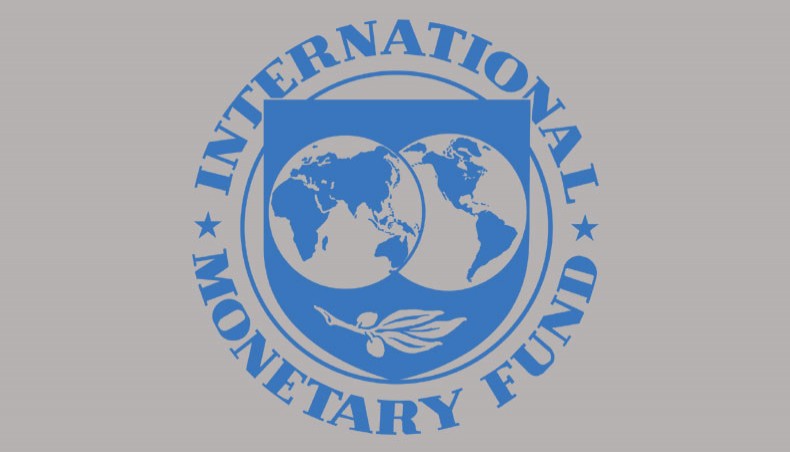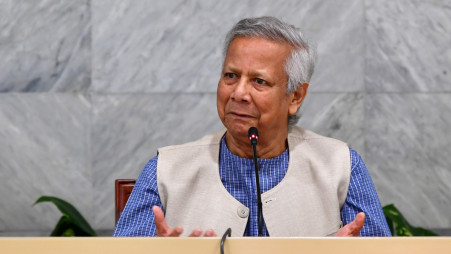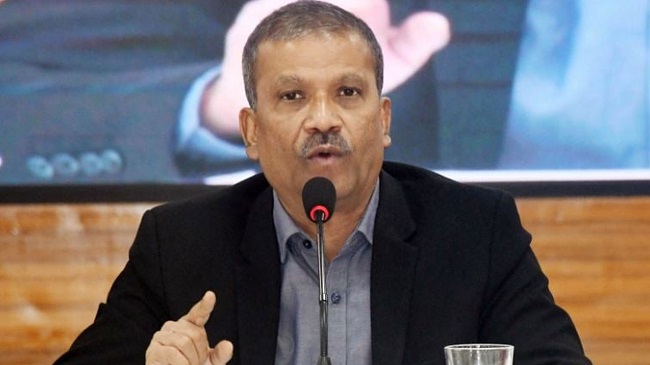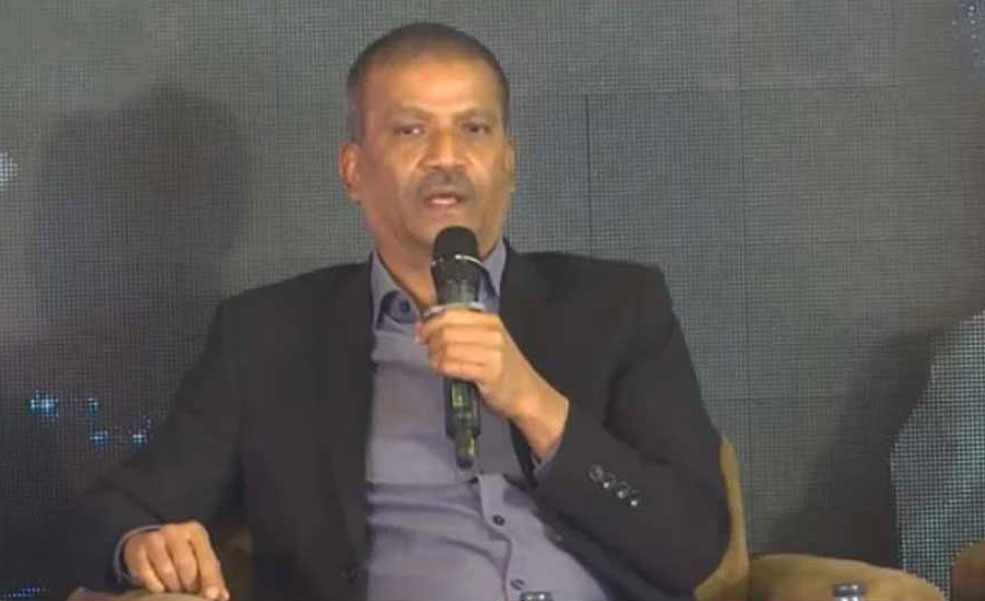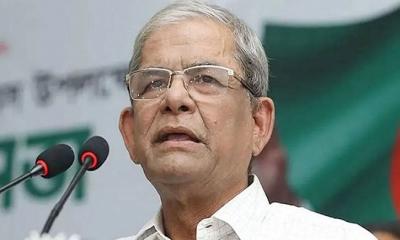The International Monetary Fund mission on Sunday expressed concern over growing bad loans for lack of good governance in the banking sector and suggested more revenue mobilisation to increase development spending.
In a meeting with the Financial Institutions Division under the Ministry of Finance, the multilateral lender said that the Bangladesh Bank should have a greater autonomy to deal with the commercial banks, according to officials that attended the meeting.
Former Bangladesh Bank governor Salehuddin Ahmed, however, said that the IMF advices were nothing new.
It is unfortunate for the government to overlook the burning issues like bad loans and good governance despite repeated warnings by the economists in the past, he added.
The seasoned banker noted that the government should listen to the IMF.
The IMF mission observed that an absence of good governance had undermined the overall banking sector, thereby leading the high growth of non-performing loans.
The NPL loans soared to Tk 1,25,257 crore in financial year 2021-22 against Tk 99,205 crore in FY21, of which state-owned commercial banks accounted for about 50 per cent of the total.
‘High and increasing NPLs and low capital adequacy ratio in the state-owned commercial banks will hamper the banking sector’s ability to finance business investment, add to fiscal burden, and undermine growth,’ according to the article-IV of the IMF mission concluded in March, 2022.
The current IMF mission asked the FID to take measures to make public the borrowers who reschedule loans.
It also asked the FID if there was any guidelines for appointment of directors for the state-owned banks, most of which including the BASIC Bank had been hamstrung with bad loans.
The IMF wants that the FID bring further improvements in the Bank Company Act and Financial Institution Act/Finance Company Act focusing on the autonomy of the central bank and on the resolution framework for weak banks.
The IMF delegation also held a meeting with the National Board of Revenue officials on the day as part of its negotiation over loans worth $4.5 billion sought by the government of Bangladesh to overcome the current financial shocks that stemmed out of the Russia-Ukraine war after a prolonged Covid-19 pandemic.
In its meeting with different wings of the NBR, the IMF mission asked for reduction of tax waiver, rationalisation of duty structure, and implementation of new customs and income tax acts.
It also wanted the revenue authority to become more tax compliant and increase the tax-GDP ratio.
The IMF officials expressed disappointment at the falling tax-GDP ratio that had gone below double-digit over the past one decade.
The NBR officials told the IMF that they would be more tax compliant for revenue mobilisation, but disagreed with the view of more tax waiver, arguing that the issue was linked with industries and employment.
The IMF that began its mission on October 26 has already asked the Bangladesh Bank to maintain a net foreign currency reserve calculation instead gross for the betterment of economy.
The central bank has shown willingness to comply with the IMF suggestion, officials said, adding that they were making preparation not to include the export development fund in the forex reserve calculation.
From a healthy $48 billion reserve in august 2021, the country witnessed a fall below $36 billion in the current month because of higher payment for imported products including fuel oil, fertiliser and food items.
The IMF that will conclude its mission on November 9 also held a meeting with the BB officials on the day, and warned of consequence of bad loans on the economy as well as on the state-owned commercial banks.


